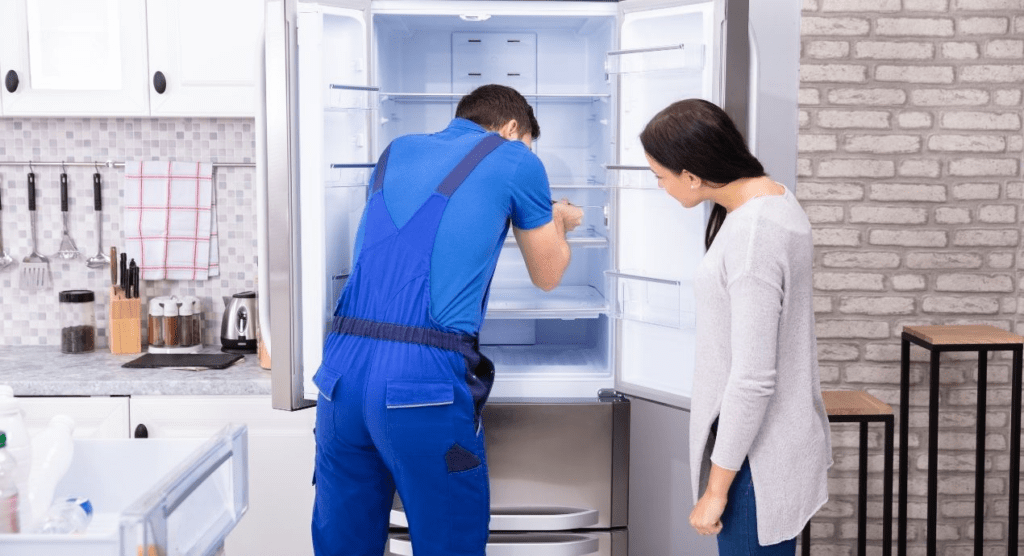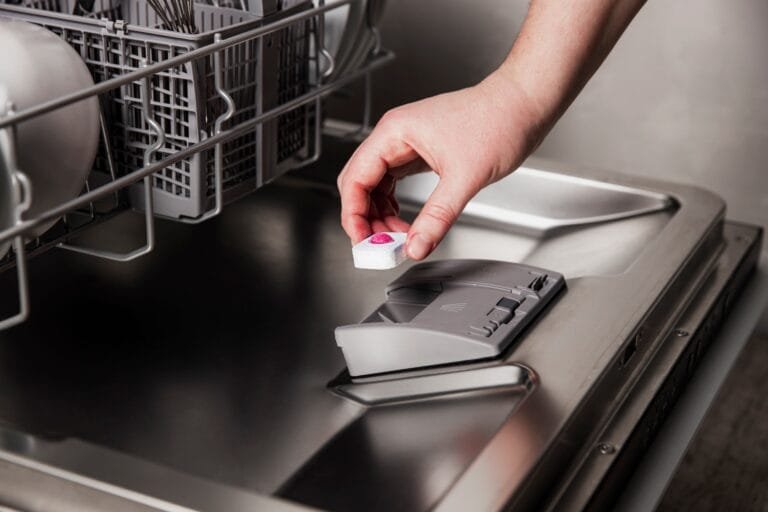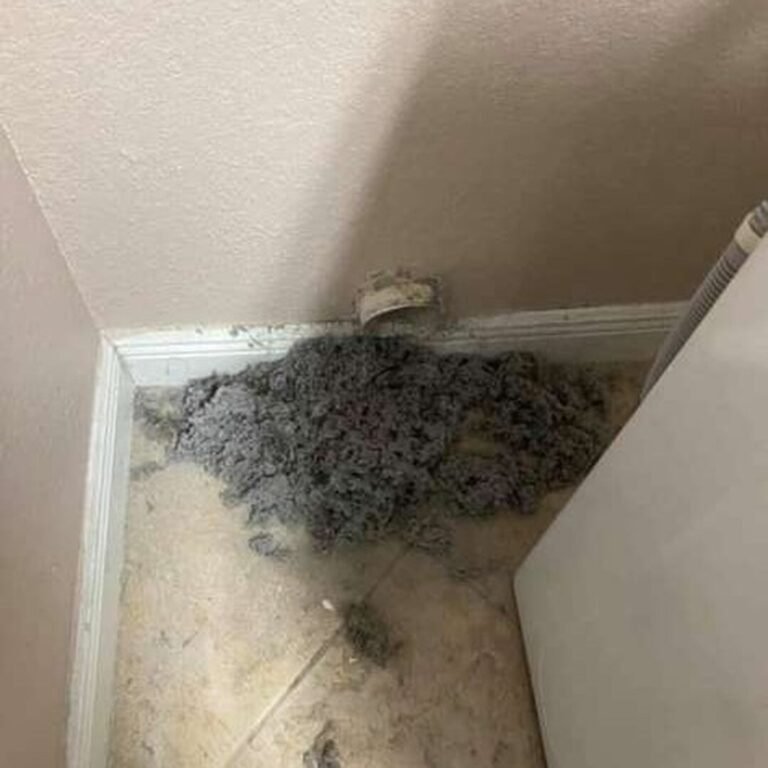Your refrigerator is one of the most important appliances in your home, keeping your food fresh and your family healthy. However, like any appliance, a refrigerator requires proper care to perform at its best over the long term. At Romano’s Appliance Repair, we know that routine maintenance and smart usage can significantly extend your refrigerator’s lifespan. In this article, we share expert tips on how to maintain your refrigerator, prevent common issues, and ultimately save money by reducing the need for costly repairs.

1. Keep It Clean
Firstly, regular cleaning is essential for optimal refrigerator performance. Dust and grime can build up on the condenser coils, reducing efficiency and causing the unit to work harder.
- Clean the Condenser Coils: Use a vacuum or coil brush every six months to remove dust and debris. This simple task can improve energy efficiency and prolong the life of your refrigerator.
- Wipe Down Interiors: Regularly clean shelves and drawers with mild soap and water. Avoid harsh chemicals that could damage the surfaces or leave harmful residues.
- Defrost When Needed: If your refrigerator isn’t frost-free, defrost it periodically to prevent ice buildup, which can strain the cooling system.
2. Monitor Temperature Settings
Next, maintaining the correct temperature is crucial. Setting your refrigerator too cold or too warm can lead to energy wastage or spoilage.
- Ideal Temperature Range: Keep your refrigerator between 37°F and 40°F (3°C-4°C) and your freezer at 0°F (-18°C) for optimal performance.
- Use a Thermometer: Periodically check the temperature with an appliance thermometer to ensure accuracy, as digital displays can sometimes be misleading.
- Adjust as Needed: Changes in the season or variations in ambient room temperature might require adjustments to maintain the ideal settings.
3. Ensure Proper Ventilation
Moreover, proper ventilation is vital to prevent your refrigerator from overheating. If your appliance does not have enough space around it, its cooling efficiency will decrease.
- Maintain Clearance: Ensure there is adequate space—typically at least 2-3 inches—around the back and sides of the refrigerator. This airflow helps dissipate heat and keeps the unit running efficiently.
- Avoid Blocked Vents: Check that air vents inside the refrigerator are not obstructed by food items. Unblocked vents allow cool air to circulate evenly, maintaining a consistent temperature.
4. Check Door Seals Regularly
Additionally, door seals (gaskets) are critical to keeping cool air in and warm air out. Faulty seals force your refrigerator to work harder, leading to higher energy consumption and wear.
- Inspect Seals: Regularly examine the door seals for cracks, gaps, or signs of wear. If you notice any issues, replace the gaskets promptly.
- Clean the Seals: Use a solution of mild soap and water to clean the seals. This removes debris and ensures a tight seal.
- Perform a Test: Close the door on a dollar bill. If it slips out easily, the seal may need replacement.
5. Organize Your Food Efficiently
Furthermore, proper organization within your refrigerator can help maintain consistent temperatures and reduce unnecessary strain on the appliance.
- Avoid Overcrowding: Overloading your refrigerator restricts air circulation, which can lead to uneven cooling. Keep items spaced out so air can flow freely.
- Group Similar Items: Organize food by type and temperature requirements. For example, store dairy products on the middle shelf and meats in the designated colder sections.
- Rotate Stock: Practice the “first in, first out” method to ensure that older items are used before new ones, reducing waste and avoiding spoilage.
6. Use Energy-Efficient Practices
Also, adopting energy-efficient practices can help extend your refrigerator’s lifespan while saving on energy costs.
- Limit Door Openings: Minimize the time your refrigerator door remains open to prevent cold air from escaping.
- Cool Food Before Storing: Allow hot or warm food to cool down before placing it in the refrigerator. This prevents the appliance from overworking to maintain its temperature.
- Keep It Level: Ensure that your refrigerator is level. An uneven unit can cause doors to not close properly, leading to energy inefficiency and potential wear on components.
7. Perform Regular Maintenance Checks
In addition, regular maintenance checks are crucial for identifying potential issues before they become costly repairs.
- Schedule Professional Servicing: Consider having a professional technician inspect your refrigerator annually. A trained eye can spot problems early and recommend preventive measures.
- DIY Inspections: Regularly check for unusual noises, leaks, or changes in performance. Early detection of issues can prevent major breakdowns.
8. Manage the Power Supply
Moreover, a stable power supply helps protect your refrigerator from voltage fluctuations that could damage internal components.
- Use a Surge Protector: Connect your refrigerator to a surge protector to shield it from electrical spikes.
- Avoid Frequent Power Cycles: Try not to turn your refrigerator on and off frequently, as this can stress the compressor and reduce its lifespan.
9. Upgrade When Necessary
Additionally, while maintenance extends your appliance’s life, there comes a point when upgrading may be more cost-effective than continual repairs.
- Evaluate Performance: If your refrigerator is consistently underperforming despite regular maintenance, consider an upgrade. Newer models are typically more energy-efficient and come with improved features.
- Cost-Benefit Analysis: Weigh the cost of frequent repairs against the benefits of a new, energy-efficient model. In many cases, investing in a modern refrigerator can lead to long-term savings.
10. Educate Your Household
Finally, ensure that everyone in your home understands the importance of proper appliance care. By educating your family on best practices, you can collectively contribute to extending the lifespan of your refrigerator.
- Share Maintenance Tips: Teach family members to close the door quickly, avoid overcrowding, and report any issues they notice.
- Regular Reminders: Set reminders for routine tasks like cleaning filters and checking seals to keep maintenance on schedule.
Conclusion
In conclusion, extending the lifespan of your refrigerator is all about consistent care and smart usage. By keeping your appliance clean, maintaining proper temperature and ventilation, and following energy-efficient practices, you can ensure that your refrigerator runs efficiently for years to come. Moreover, regular maintenance checks, using surge protectors, and educating your household all contribute to a longer-lasting, more reliable appliance.
At Romano’s Appliance Repair, we understand the importance of keeping your appliances in top shape. If you ever need expert assistance or have questions about maintenance, our certified technicians are here to help. Contact us today at (561) 352-8870 or email romanosappliance@gmail.com for professional service and advice.





